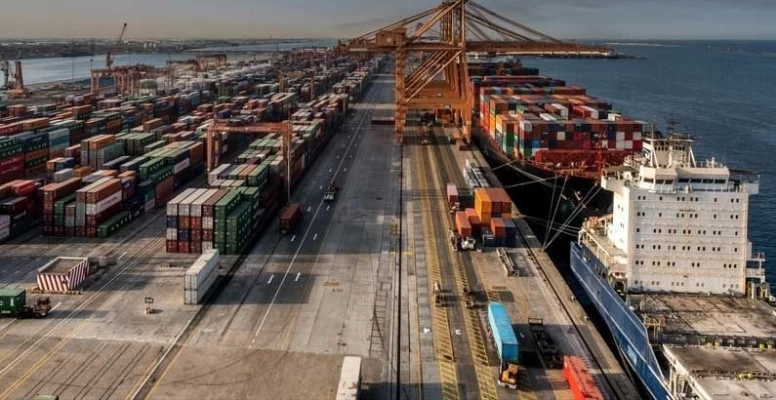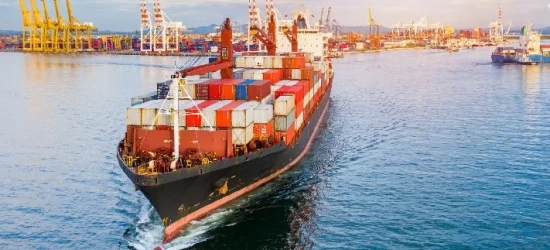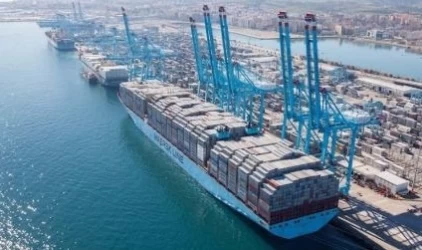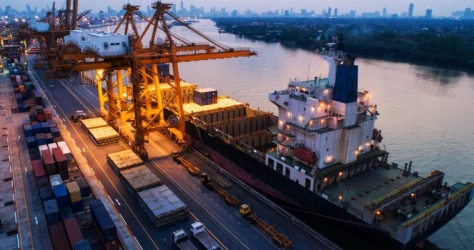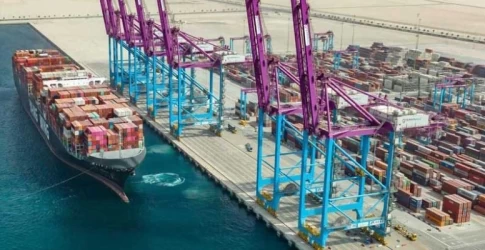Sea transportation in Aqaba port
Maritime transport is a crucial component of global trade, and Aqaba Port in Jordan serves as one of the region's strategic maritime gateways. This port plays an essential role in connecting trade routes between Asia, Europe, and Africa, making it a vital hub for maritime activities in the Middle East.
Geographical Location and Importance of Aqaba Port
Aqaba Port is situated on the southern coast of Jordan, adjacent to the Red Sea. As the only seaport in the country, it acts as the primary maritime outlet for Jordan and is strategically located near significant international waterways, including the Suez Canal. This advantageous position allows Aqaba Port to serve as a key transit point for goods traveling between Asia and Europe.
Historical Background of Aqaba Port
Aqaba Port has a rich historical legacy that dates back thousands of years. Historically, it was an essential trading hub along the Silk Road and played a vital role in commerce between Asia and Mediterranean countries. In recent decades, with the development of maritime infrastructure and increased foreign investment, Aqaba has evolved into a crucial maritime transport and transit center.
Infrastructure and Capacity of Aqaba Port
Aqaba Port boasts modern infrastructure, making it one of the most advanced ports in the region. The port is equipped with large berths, state-of-the-art cranes, and extensive storage facilities. The integration of smart transportation systems enhances the rapid and efficient movement of goods within the port.
The port's capacity exceeds millions of tons of cargo annually, making it a prominent hub for container shipping and bulk cargo. Additionally, Aqaba can accommodate large vessels with deep drafts, allowing for the efficient handling of significant cargo volumes.
Types of Cargo Handled at Aqaba Port
Aqaba Port plays a crucial role in the export and import activities of Jordan and neighboring countries. The primary imported goods include machinery, food products, consumer goods, and raw industrial materials. Conversely, exported products from this port include phosphates, potash, and agricultural goods.
Challenges and Opportunities in Maritime Transport at Aqaba Port
Despite its advantages, Aqaba Port faces several challenges. One major challenge is the competition from larger regional ports, such as Jebel Ali in the UAE and other ports along the Red Sea. However, given the economic growth of neighboring countries and the increasing demand for enhanced transportation infrastructure, Aqaba Port has numerous opportunities for expansion and development.
Conclusion
Aqaba Port, due to its unique geographical location and modern infrastructure, plays a vital role in maritime transport in the region. By focusing on infrastructure development and attracting further investment, this port can position itself as a leading maritime transport hub on a global scale.
If you have any specific questions or need further assistance, feel free to ask!

